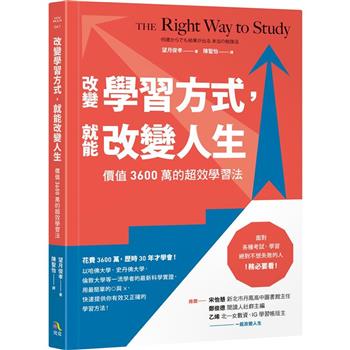The essays in this collection examine the place of history in terrorism studies and in contemporary discussions on terrorism and counter-terrorism. This volume marks an effort by a group of scholars and practitioners to provide a justification for the better understanding of Terrorism's past and the importance of this past for today and tomorrow. The collection is divided into four sections. Section One places Terrorism Studies and the study of history in context and considers the connections between these fields of study. Section Two is written by non-historians and practitioners who have seen the importance of historical context and perspective in the understanding of current events. Section Three provides case studies that explore the history of terrorism and politically motivated violence. Section Four places concerns about terrorism in regional and foreign policy context. "This collection helps us advance our understanding of terrorism beyond simplistic and dichotomist assertions about "them" and "us." Taken together, these essays highlight the importance of analyzing, rather than assuming." -Chris Dixon, Professor, School of History, Philosophy, Religion, and Classics, The University of Queensland, Australia. "This collection could not come at a more opportune time given the current preoccupation in government with Terrorism... It will not only contribute substantially to the current scholarship on the subject, but will set a benchmark by which future researchers will have to measure themselves. It will, furthermore, become a reference for both students and experts in the field." -Philip Dwyer, Director, Social and Cultural Conflict Research Group, University of Newcastle, Australia. "In this volume, the subject matter ranges widely over the field including important contributions on some of the major areas of international conflict of the last twenty years. By paying attention to national, regional and international phenomena, this collection will provide access to a breadth of historical perspectives and approaches that is uncommon in this field of studies." -Mark Finnane, Professor, ARC Centre of Excellence in Policing and Security, Griffith University, Australia.
| FindBook |
有 1 項符合
Doomed to Repeat?: Terrorism and the Lessons of History的圖書 |
 |
Doomed to Repeat?: Terrorism and the Lessons of History 作者:Brawley 出版社:New Academia Publishing/ The Spring 出版日期:2009-04-13 語言:英文 規格:平裝 / 384頁 / 22.9 x 15.2 x 2.3 cm / 普通級 |
| 圖書館借閱 |
| 國家圖書館 | 全國圖書書目資訊網 | 國立公共資訊圖書館 | 電子書服務平台 | MetaCat 跨館整合查詢 |
| 臺北市立圖書館 | 新北市立圖書館 | 基隆市公共圖書館 | 桃園市立圖書館 | 新竹縣公共圖書館 |
| 苗栗縣立圖書館 | 臺中市立圖書館 | 彰化縣公共圖書館 | 南投縣文化局 | 雲林縣公共圖書館 |
| 嘉義縣圖書館 | 臺南市立圖書館 | 高雄市立圖書館 | 屏東縣公共圖書館 | 宜蘭縣公共圖書館 |
| 花蓮縣文化局 | 臺東縣文化處 |
|
|
圖書介紹 - 資料來源:博客來 評分:
圖書名稱:Doomed to Repeat?: Terrorism and the Lessons of History
|











